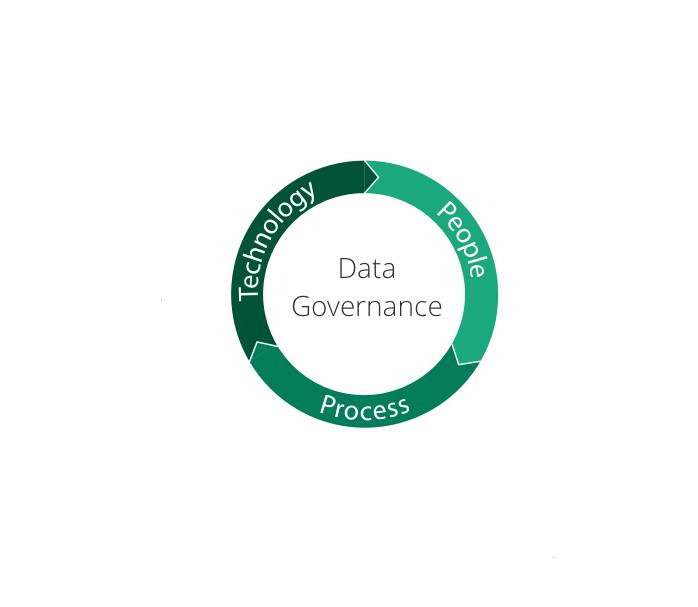A data steward is a role within an organization that is responsible for managing the availability, usability, integrity, and security of the data used by that organization. The data steward is typically a subject matter expert in a particular area of the business and is responsible for ensuring that data is properly managed and used to support business goals and objectives.
The role of a data steward is becoming increasingly important as organizations rely more heavily on data-driven decision-making. Data stewards play a critical role in ensuring that data is accurate, consistent, and secure, and that it can be easily accessed by those who need it.
One of the primary responsibilities of a data steward is to define and implement data standards and policies. This includes establishing guidelines for data collection, storage, usage, and sharing, as well as defining data quality requirements and monitoring compliance with these standards.
Data stewards also play a key role in identifying and resolving data quality issues. They work closely with other stakeholders in the organization to understand data requirements, identify data quality issues, and develop solutions to improve data quality.
In addition to managing data quality, data stewards also ensure that data is properly secured and protected. They work with IT and security teams to implement data security measures, such as access controls, encryption, and data backups, to protect sensitive data and ensure compliance with regulatory requirements.
Another important responsibility of a data steward is to support data governance initiatives. They work closely with data governance teams to define and implement data governance policies and procedures, as well as to ensure that data governance frameworks are effective and efficient.
In conclusion, the role of a data steward is critical to the success of any organization that relies on data-driven decision-making. Data stewards are responsible for managing data quality, ensuring data security, and supporting data governance initiatives. They work closely with other stakeholders in the organization to ensure that data is accurate, consistent, and secure, and that it can be easily accessed by those who need it. With the right data stewardship practices in place, organizations can use data to drive business success and achieve their goals and objectives.

